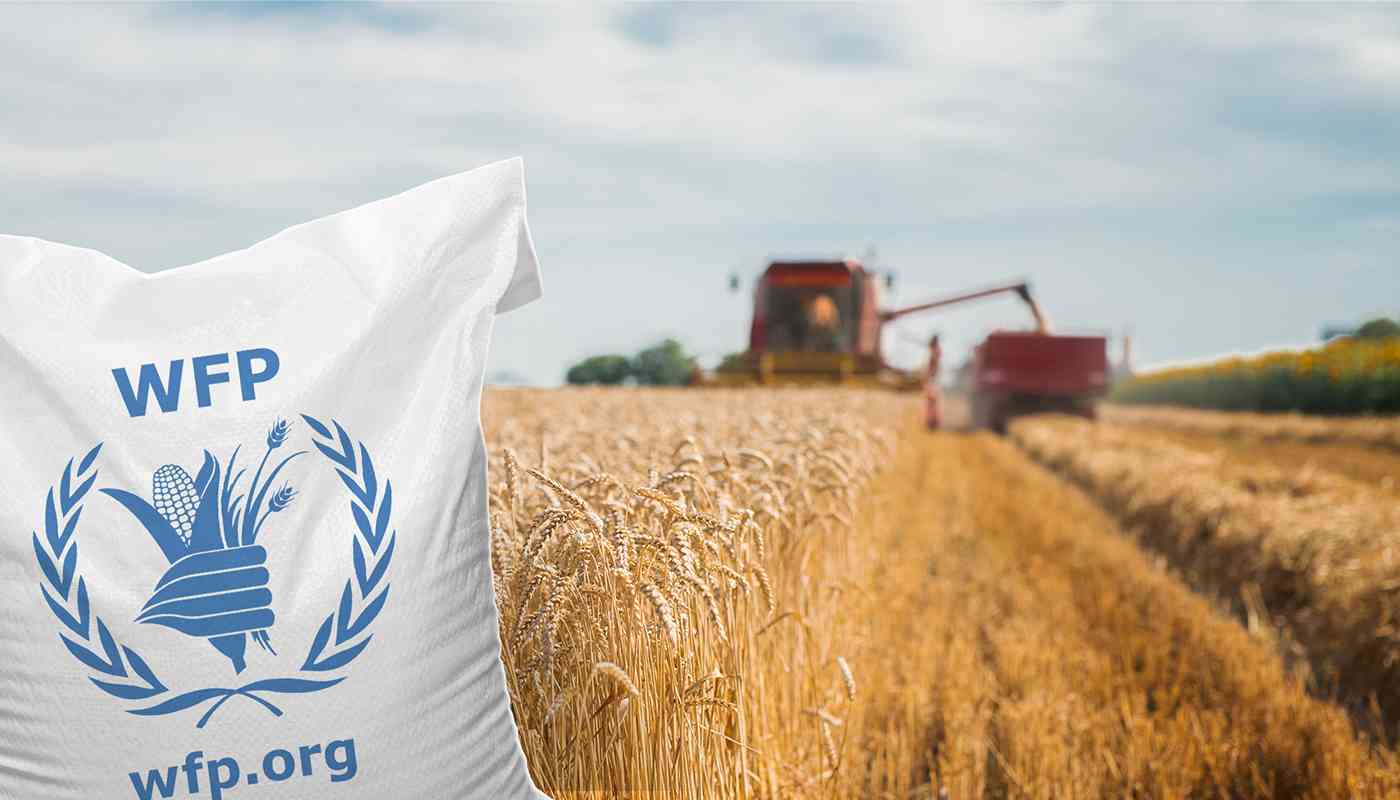
ZIMBABWE is among eight southern African countries that have been taken off the global hunger hotspot list as the country recovers from the devastating effects of an El Niño-induced drought.
The drought, described as the worst in 40 years, left an estimated 7,6 million people in dire need of humanitarian assistance.
In a joint report, World Food Programme (WFP) and Food Agriculture Organisation (FAO) said Zimbabwe and some Sadc countries were no longer in the red.
"In contrast, Ethiopia, Kenya, Lebanon, Lesotho, Malawi, Mozambique, Namibia, Niger, Zambia and Zimbabwe have been removed from the hunger hotspots list,” the report read.
"In east and southern Africa, as well as in Niger, better climatic conditions for harvests and fewer weather extremes have eased food security pressures.
“Lebanon has also been delisted following reduced intensity of military operations. However, FAO and WFP warn that these gains remain fragile and could reverse quickly if shocks re-emerge.”
The report, however, highlighted that there was worsening hunger in other 13 hotspots with Sudan, Palestine, South Sudan, Haiti and Mali remaining hotspots of highest concern.
The Democratic Republic of Congo was also sighted as a hunger hotspot to watch after a long period of food sufficiency.
- Govt to distribute grain as hunger stalks millions
- Zim’s urbanites facing high prices
- 3,8m villagers face hunger
- Food crisis looms in Sadc
Keep Reading
The report said Yemen, the Democratic Republic of Congo, Myanmar and Nigeria were hotspots of very high concern and required urgent attention to save lives and livelihoods.
Other hotspots include Burkina Faso, Chad, Somalia and Syria.
"The devastating crises are being exacerbated by growing access constraints and critical funding shortfalls."
The report further said South Sudan faced compounding threats from political tensions, the risk of flooding and economic challenges.
FAO director-general QU Dongyu said the report indicated the need for emergency interventions to save lives in countries named as hunger hotspots.
“We must act now and act together to save lives and safeguard livelihoods. Protecting people’s farms and animals to ensure they can keep producing food where they are, even in the toughest and harshest conditions, is not just urgent, it is essential,” Dongyu said.
Cindy McCain, WFP executive director, said the report was a red alert.
“We know where hunger is rising and we know who is at risk,” McCain said.
“Urgent, sustained investment in food assistance and recovery support is crucial as the window to avert yet more devastating hunger is closing fast."










